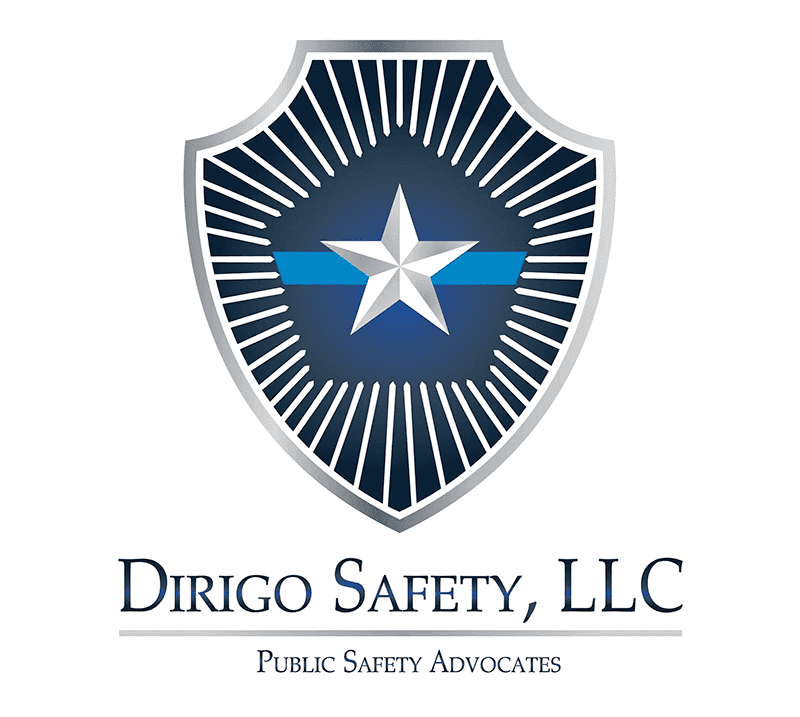Instructional Goal
This course will ground students in the reality that integrity is one of the most important non-tactical survival techniques an officer possesses to ensure a long career in corrections. It is also one of the least trained upon.
For officers to survive the frustrations and difficulties of the job, endless invitations and temptations to lower personal and professional standards of conduct, media and public misunderstanding or non-support, and agency and peer pressures, they must demonstrate a solid core of integrity over time: acting in accordance with their values.
By learning about the circumstances that turn an officer of integrity into a corrupt one, and exploring a range of ethical situations that commonly arise for corrections officers, students will walk away with a road map to their retirement.
Objectives
At the end of this unit of instruction, the student will be able to accomplish the following objectives as outlined in the lesson:
2.1.1 Describe the process by which an officer’s personal integrity erodes, and the agency and community factors that can affect this.
2.1.2 Identify the negative consequences to officers and others that can result from unethical decisions.
2.1.3 Identify common situations that provide corrections officers the opportunity to demonstrate their integrity, and use decision-making tools to make ethical decisions in those situations.
2.1.4 Identify factors that support officer integrity.
